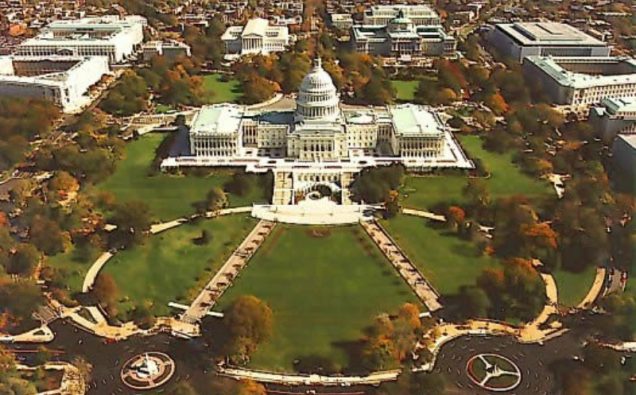
If current opinion polls are right, on November 8th Hillary Clinton is likely to be elected America’s 45th president. If that happens she will be inaugurated early next year, and will then begin to lead a transition from President Barack Obama’s administration to her own.
While Clinton would undoubtedly introduce her own agenda once in office, her campaign statements – and her position as Secretary of State in the Obama administration – indicate that many of President Obama’s programs and policies will be continued in some form. Indeed, this has been held up as a warning to voters by the Trump campaign, by the Republican Party and its candidates, and by Republican leaders in Congress – all of whom have said Secretary Clinton, as President, would continue to lead the country in the wrong direction.
The anger and defiance of this position would pose an early and significant barrier to a newly elected President Clinton. To be able to move her agenda forward, she would have to strike up new relationships with reluctant Republicans in Congress, as well as a wide range of domestic interest groups. Her campaign theme has stressed the importance of unity in governing the nation, and she has also said publicly that she hopes to work with Donald Trump and his supporters. Given the bitterness of the campaign, it would be a while before animosity gave way to cooperation, and it’s likely that many legislative, social, and cultural battles lie ahead.
It is by no means incidental that if Hillary Clinton is sworn in on January 20, 2017, she will be the first woman in history to occupy the White House as President of the United States. That will make a historic moment even more significant, marking the culmination of a cultural change that began a century ago when the Constitution was amended and American women won the right to vote.
Just as a male-dominated culture opposed women’s suffrage before it was finally approved in 1920, so has male-dominated American political culture been a factor in opposition to Clinton’s candidacy. Polls over the past 40 years show greater support among women for Democratic presidential candidates; campaign polls this year show the gender gap to be wider than ever. Donald Trump has influenced this trend by his record of public comments about women – to the point of calling Clinton, during the third and final televised debate, a “nasty woman.” If Clinton becomes president it is likely that pollsters will continue to measure the impact of the gender gap on acceptance of her proposals.
So, what happens next?
No matter who wins the election – and even if Trump pulls off a surprise upset victory – a new administration will bring new faces to the Cabinet and to agencies throughout government. In the early months of 2017 the new President’s team will begin to shape policies, procedures, and leadership roles. The White House will work to mend relationships with Republican congressional leaders – whether or not the Democrats take control of the Senate – and start conversations between the Executive and Legislative Branches that were all but silenced during President Obama’s second term. This will begin right away, and pick up speed as the new President submits legislative proposals on government spending, immigration and trade, a range of urgent and complex foreign policy issues, and a wide agenda of pressing domestic problems.
In the private sector the financial and stock markets will react to all the changes, but will stabilize in short order; interest rates and the debt ceiling will remain unchanged in the near term; Wall Street and corporate America will lobby for favorable policies and programs. Inflation and unemployment are likely to remain steady, as markets and industries adapt to new long-term fiscal plans. Those who monitor the behavior of the markets in the US, Europe, and Asia cite generally favorable reactions to the likelihood of a Clinton presidency.
If current polls are accurate, Hillary Clinton will be elected. As historians and students of American politics know, however, it’s the voters in the United States who decide, and we won’t know their decision until the polls close on Nov. 8.
















